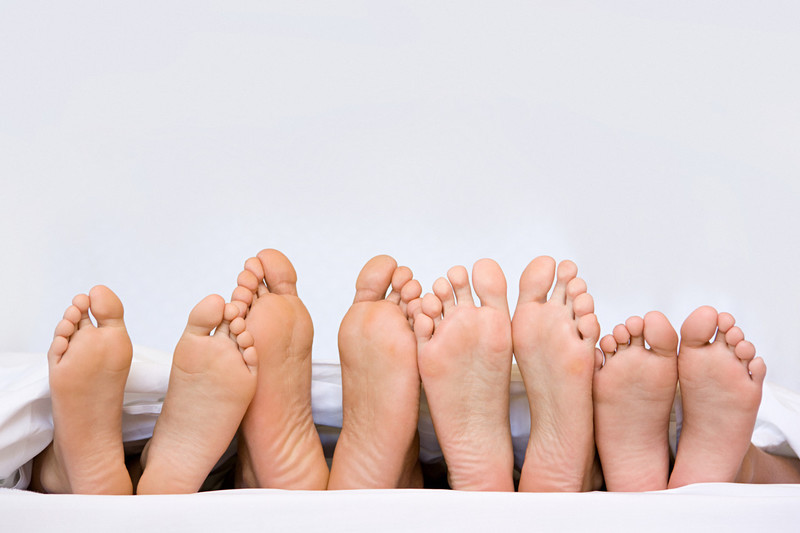12 Tips to Getting a Good Night's Sleep
Do you spend one-third of your time sleeping? If not, you should be. Most adults need at least 7 to 8 hours of sleep each night to be well rested. Teenagers need between 9 and 10 hours of sleep a night, and school-aged children need at least 10 hours of sleep each night.
Sleep is not just "down time." While you sleep your brain is busy forming pathways necessary for learning and creating memories and new insights.
Lack of sleep can make it harder to learn and perform skilled tasks; can cloud your perception of emotions in others; and can increase your likelihood of making errors, affecting your safety and the
safety of others. Insufficient sleep, sleeping at the wrong time of day, and poor sleep quality increase your risk of obesity, diabetes, cardiovascular disease, and infections.
The National Institute of Health has created 12 tips for a good night's sleep:
- Skip caffeine. Caffeine is a stimulant, and its effects can take as long as 8 hours to wear off fully. Go easy on coffee, colas, certain teas, and chocolate, which all contain caffeine. Reaching for them in the late afternoon can make it hard for you to fall asleep at night.
- Avoid nicotine. Nicotine is a stimulant. It can cause smokers to sleep very lightly, or to wake up too early in the morning because of nicotine withdrawal.
- Don't take naps after 3 p.m. While naps can help make up for lost sleep, late afternoon naps can make it harder to fall asleep at night.
- Exercise, but not too late in the day. Try to exercise at least 30 minutes on most days, but not later than 2 to 3 hours before your bedtime.
- Avoid alcoholic drinks before bed. Having a "nightcap" or alcoholic beverage may seem like a good way to promote sleep, but it’s not. Alcohol robs you of deep sleep and REM sleep, keeping you in the lighter stages of sleep. You also tend to wake up in the middle of the night when the effects of the alcohol have worn off. In addition, heavy alcohol ingestion may contribute to impairment in breathing at night.
- Have the right sunlight exposure. Daylight is key to regulating daily sleep patterns. Going outside in natural light for at least 30 minutes early each day can contribute to healthy sleep.
- Pass up large meals and beverages late at night. A light snack is okay, but a large meal can cause indigestion that interferes with sleep. Drinking too many fluids at night can cause you to awaken frequently to urinate.
- Stick to a sleep schedule. Go to bed and wake up at the same time each day. As creatures of habit, we have a hard time adjusting to altered sleep patterns. While it’s tempting to sleep late on weekends, it won't fully make up for your lack of sleep during the week, and will make it harder for you to wake up early on Monday morning.
- Relax before bed. Leave time to unwind at the end of the day. Make relaxing activities, such as reading or listening to music, part of your bedtime ritual.
- Create a good sleeping environment. Eliminate anything that might interfere with sleep, such as noises and bright lights. Consider removing distractions such as TVs, computers, and cell phones from bedrooms.
- If possible, avoid medicines that delay or disrupt your sleep. Some commonly prescribed heart, blood pressure, or asthma medications, as well as some over-the-counter and herbal remedies for coughs, colds, or allergies, can disrupt sleep patterns. If you have trouble sleeping, talk to your doctor or pharmacist to see whether any drugs you're taking might be contributing to your insomnia. Ask whether they can be taken at other times during the day or early in the evening.
- See a doctor if you continue to have trouble sleeping. If you consistently find it difficult to fall or stay asleep, or if you feel tired during the day despite spending enough time in bed at night, you may have a sleep disorder. Your family doctor or a sleep specialist should be able to help you. It is important to rule out other health or psychiatric problems that may be disturbing your sleep.




